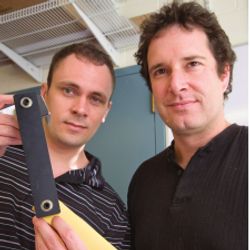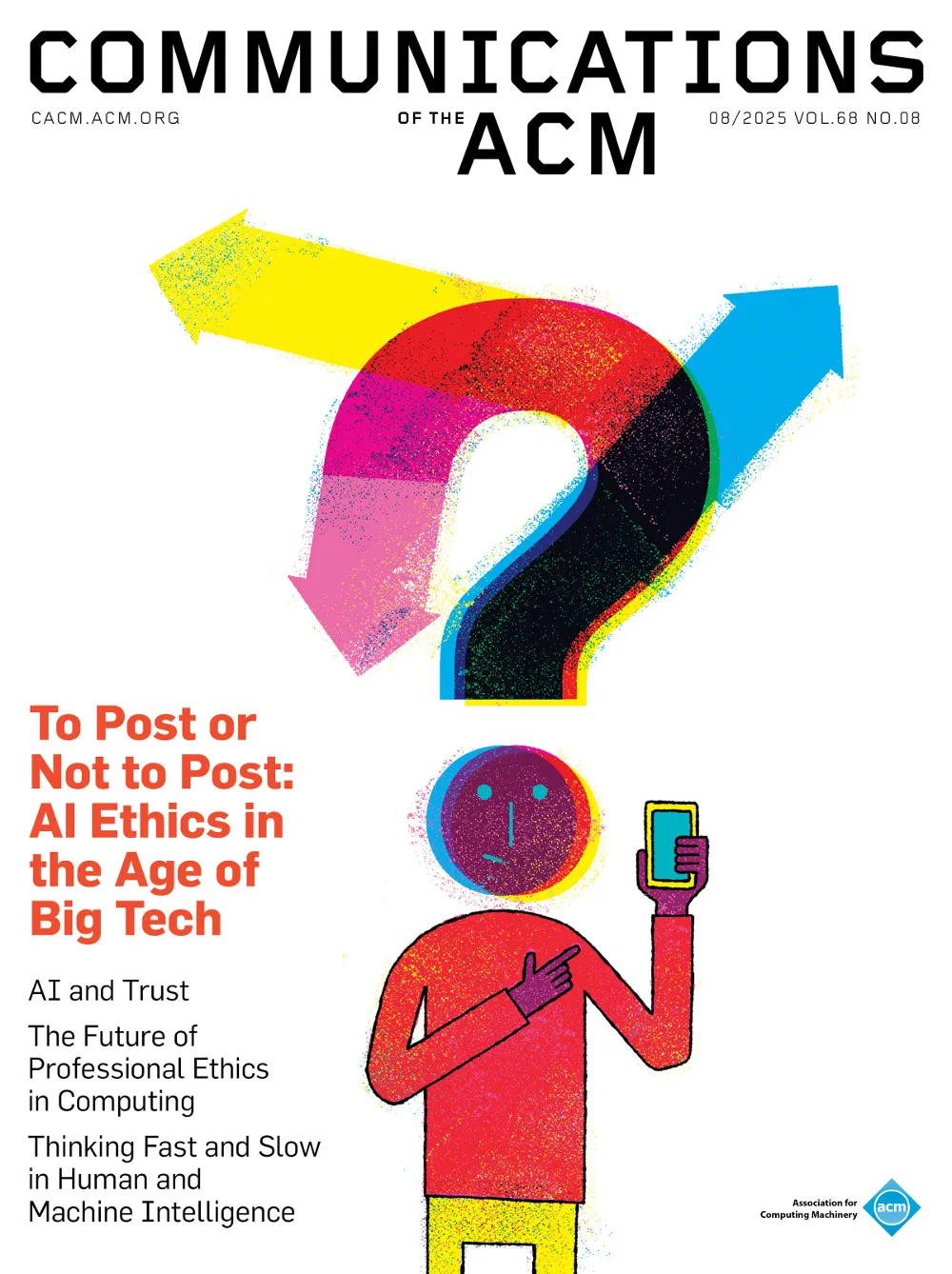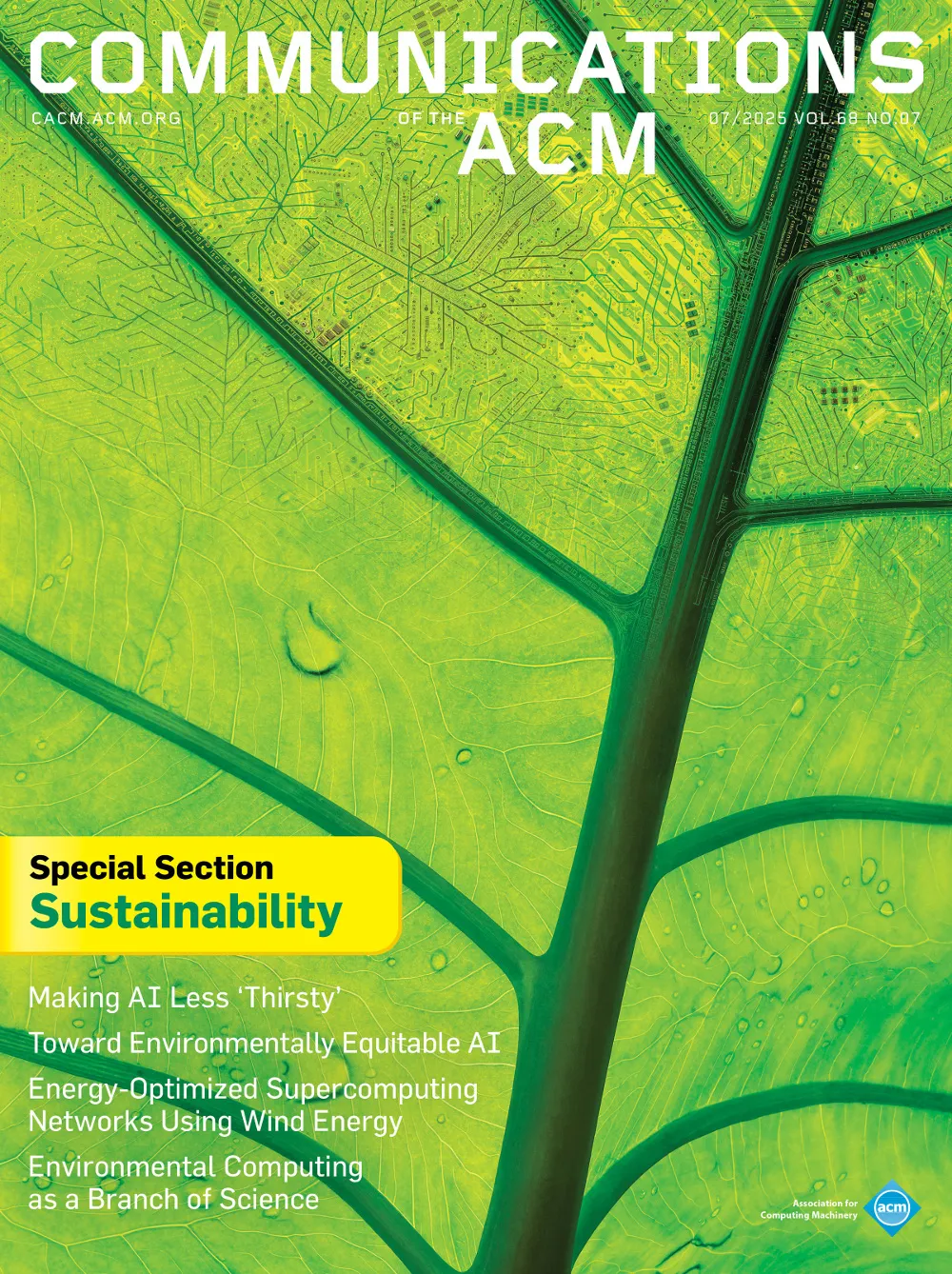November 2009 - Vol. 52 No. 11

Features
Pay For Editorial Independence
Computer Science Curriculum, Deceptive Advertising
Internet Addiction: It’s Spreading, but Is It Real?
Deep Data Dives Discover Natural Laws
Electronic Paper’s Next Chapter
Implementing Electronic Medical Records
Usable Security: How to Get It
Are Business Methods Patentable?
The Broadband Price Is Not Right
On Public Service and Computer Science
Communications Surveillance: Privacy and Security at Risk
Four Billion Little Brothers?: Privacy, Mobile Phones, and Ubiquitous Data Collection
You Don’t Know Jack About Software Maintenance
Why IT Managers Don’t Go For Cyber-Insurance Products
Turing Lecture: Model Checking: Algorithmic Verification and Debugging
Technical Perspective: Narrowing the Semantic Gap in Distributed Programming
Technical Perspective: Machine Learning For Complex Predictions
Predicting Structured Objects with Support Vector Machines
Quantifying the Benefits of Investing in Information Security
iCare Home Portal: An Extended Model of Quality Aging E-Services
Computing Journals and Their Emerging Roles in Knowledge Exchange
Offshoring and the New World Order
And What Can Context Do For Data?
Why Web Sites Are Lost (and How They’re Sometimes Found)
If Your Pearls of Wisdom Fall in a Forest . . .
Steering Self-Learning Distance Algorithms
























